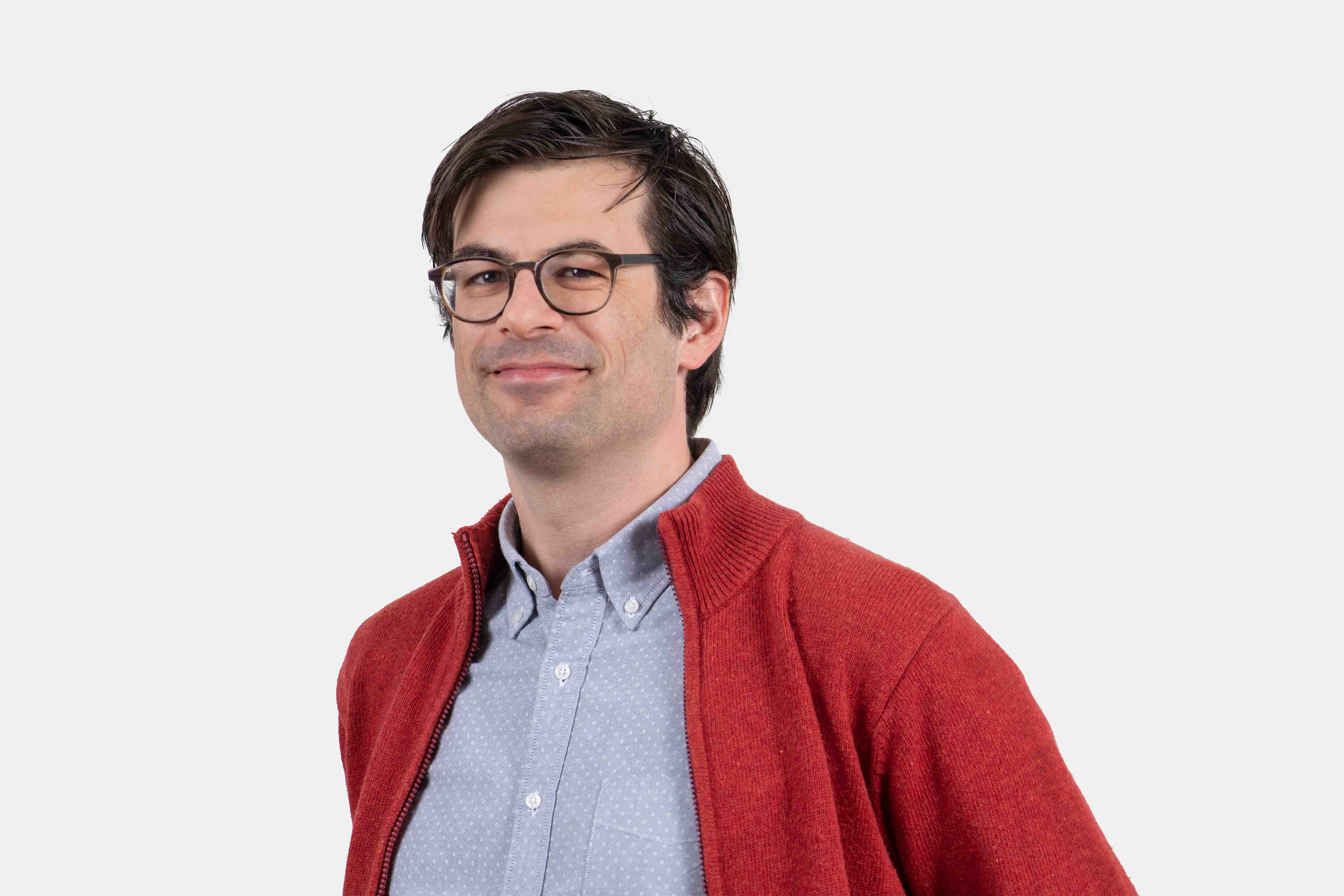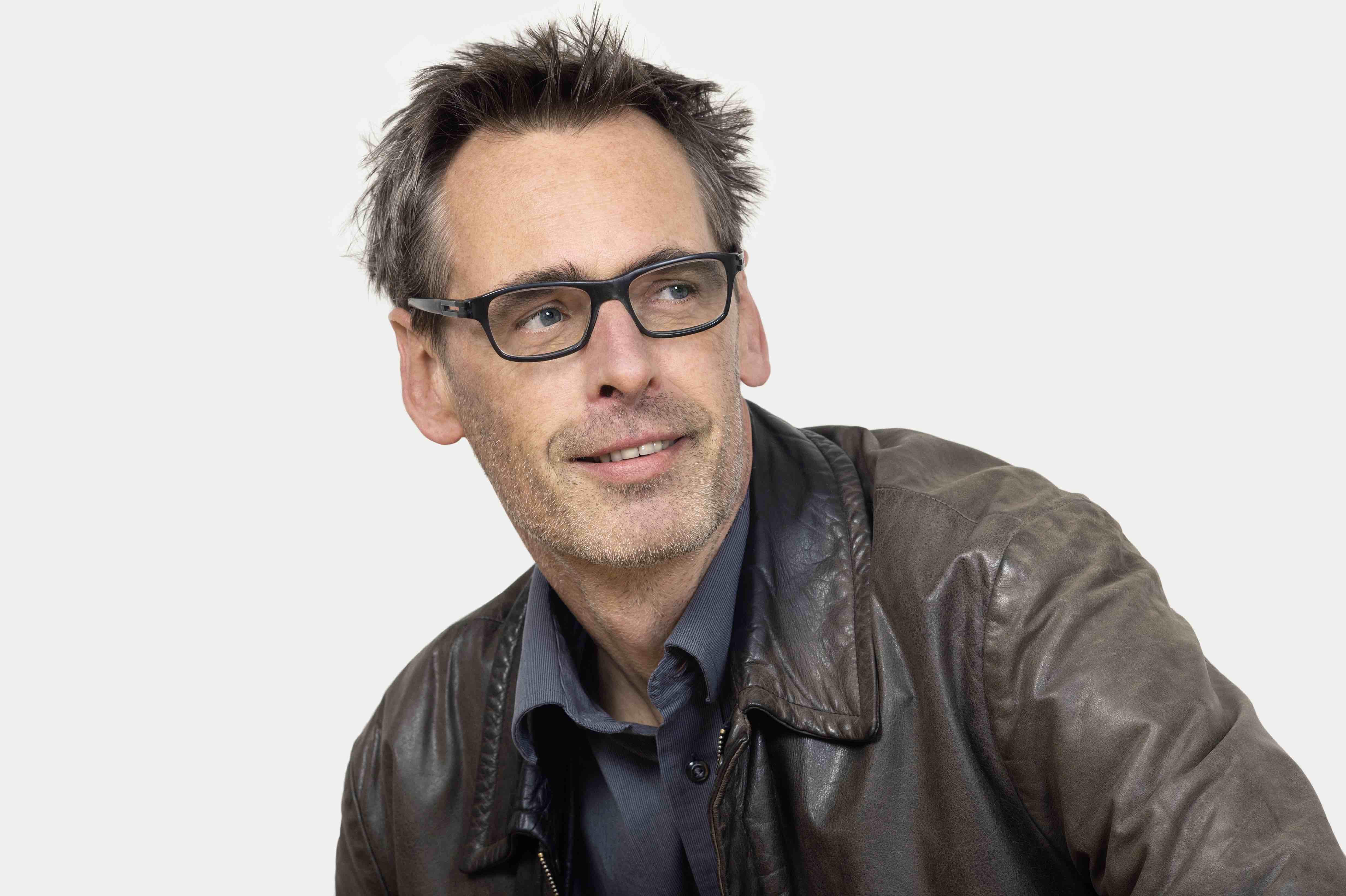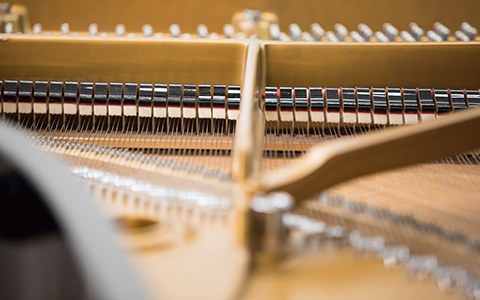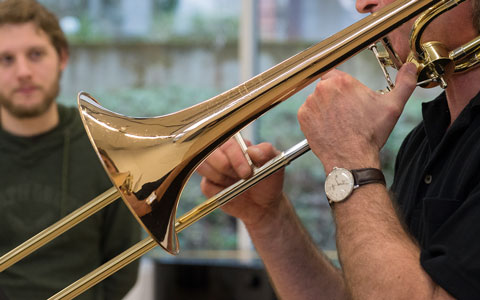BA Music | Music Theory
Hochschule für Musik Basel
Institut Klassik | Study Music Theory in the cultural city of Basel in the border triangle of Switzerland, Germany and France! The Basel Academy of Music offers an inspiring, collaborative environment with a wide range of networking opportunities. Based on classical music theory, the Schola Cantorum Basiliensis and sonic space basel offer excellent specialisation options in the areas of early and new music.
.jpg)
- Classical music theory, broad literary and repertoire knowledge, learning and reflecting on various composition techniques
- Specialisation by choosing between two focus areas: Contemporary Music/Composition or Early Music/Historical Composition
- Closely coordinated subjects and many elective/specialisation options
Steckbrief
Zukunftsaussichten
Learning outcomes
The FHNW Bachelor of Arts in Music with a Music Theory major lays the educational foundations for a career as a professional music theorist.
In addition to solid general music education knowledge and skills, students will be able to demonstrate the ability to analyse, as well as write and speak competently about the practice of music in general. They will also acquire a range of other skills that will qualify them to pursue a career in music. A FHNW Bachelor of Arts in Music constitutes a pathway to postgraduate study, e.g. a Master’s degree programme
Career prospects
The Bachelor of Arts in Music with a Music Theory major is not a professional qualification. Students must follow up their undergraduate studies with a Master’s degree programme in Music Pedagogy with a Music Theory major, Specialized Master in New Music Theory or another programme that leads to the necessary professional qualification.
Target audience
The FHNW Bachelor of Arts in Music with a Composition major is a degree programme aimed at students who wish to pursue a career as a professional music theorist.
Aufbau und Inhalte
The core aim of the FHNW Bachelor of Arts in Music with a Music Theory major is to provide students with broad-based skills in music theory, a comprehensive knowledge of the literature and repertoire, the capacity to engage reflectively with different compositional techniques and musical styles, and above all the ability to present artistic content in a practical, musical form and to competently express this in words.
The Music Theory major students can choose to specialise in one of two fields:
Contemporary music/composition is offered in conjunction with the Musicology Department of Basel University. Although the main focus is on 20th and 21st century music, the course also explores the historical and compositional fundamentals of earlier centuries.
Early music/ historical techniques of composition is offered in conjunction with the Schola Cantorum Basiliensis and the Musicology Department of Basel University. The course allows for a more in-depth engagement with the theory of early music. Students will take classes on one of the two courses of their major at the Schola Cantorum, as well as a number of additional courses, such as notation and partimento playing.
Modules and regulations
The BA and MA degree programs at the Basel Academy of Music are based on modules.
The legally binding structure provides an initial guide to the content and weighting of the subjects on the degree program.
The detailed content and modalities of the individual subjects can be found in the module descriptions.
The study regulations come into force together with the study and examination regulations of the Basel Academy of Music FHNW and form the legal framework.
Vertiefungen
International
Leitung und Dozierende

Studiengangsleiter BA in Musik

Leitung und Koordination sonic space basel: Komposition, Musiktheorie und Audiodesign, Open Creation, Zeitgenössische Musik


Teaching staff
Our internationally renowned teaching staff
to teaching staff
Voraussetzungen, Zulassung, Eignungsabklärung
Admission criteria
In order to enter the FHNW Bachelor of Arts in Music programme with a Music theory major, specialized in contemporary music/composition, applicants must hold a school-leaving qualification (Baccalaureate, Professional Baccalaureate or equivalent) as well as they have to have passed the entrance exam and were offered a free place at the Academy (limited places).Applicants who have submitted all the necessary registration documents in time will be invited to the written exam by mail and the video meeting.
For further information on the admission criteria, please see the Study regulation of the Bachelor of Arts FHNW in Music.
Language skills
We expect students to have very good German language skills at the beginning of the studies. Students who are not German native speakers must present a B1 German language certificate according to the Common European Framework of Reference for Languages (CEFR) at the beginning of the studies. This certificate must be complete, i.e. all modules (reading, listening, writing, speaking) have been tested separately and passed at least at level B1 overall. Only certificates that have been certified with the ALTE-Q-Mark seal of approval (e.g. the B1 certificate of the Goethe-Institut or the telc certificate) are accepted.
Organisatorisches
sonic space basel
sonic space basel is a Platform of Basel Academy of Music for Audio Design (BA and MA), Composition (BA and MA and MA SP), MA SP Contemporary Music, BA Music Theory Major, MA MP Music Theory, MA SP New Music Theory, MA SP Open Creation and Research.
We consider ourselves a laboratory, a communication tool and an information hub for contemporary music.
Partners
Schola Cantorum Basiliensis (early music/historical techniques of composition stream)
Projects / Ensembles
At Hochschule für Musik Basel, students have the opportunity to participate in various project and ensemble programmes.
To the overview of the recurring offers.
Quicklinks
- Welcome: A brief overview
- Studying in Switzerland
- Tuition fees & Financing
- Scholarship
- Module descriptions
